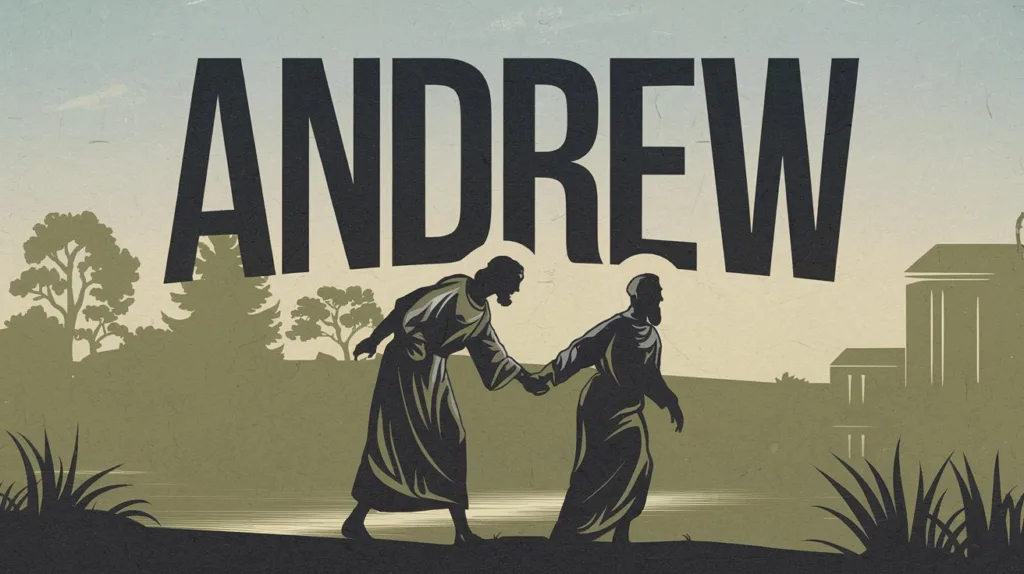The parable of the Prodigal Son, recorded in Luke 15, is one of Jesus’ most profound teachings about God’s grace, repentance, and the dangers of self-righteousness. To understand this parable correctly, we must focus on the primary meaning as Jesus intended it, examining the audience He addressed and the core message He conveyed.
The Audience: Who Was Jesus Speaking To?
The key to understanding this parable begins with identifying the audience.
Luke 15:1-2 sets the stage:
“Then all the tax collectors and the sinners drew near to Him to hear Him. And the Pharisees and scribes complained, saying, ‘This Man receives sinners and eats with them.'”
There were two groups present:
Tax Collectors and Sinners: These were the social outcasts, despised by Jewish society for their immoral lifestyles and collaboration with the Roman authorities. They represent those openly aware of their sinfulness.
Pharisees and Scribes: The religious elite who prided themselves on their moral superiority and strict observance of the law but lacked true humility and repentance.
The Pharisees were offended that Jesus associated with sinners and extended grace to those they deemed unworthy. In response, Jesus told this parable to expose their self-righteousness and reveal God’s heart for the lost.
The Structure of the Parable: Three Key Sections
The parable unfolds in three parts, each emphasizing a crucial aspect of the message.
The Rebellion of the Younger Son (Luke 15:11-16)
The parable begins with a younger son making a shocking demand.
Luke 15:12
“And the younger of them said to his father, ‘Father, give me the portion of goods that falls to me.’ So he divided to them his livelihood.”
This request was culturally outrageous. To demand an inheritance while the father was still alive was equivalent to saying, “I wish you were dead.” It reflected a complete rejection of the father’s authority and relationship.
The father grants the request, and the son leaves home, squandering his inheritance on reckless living.
Luke 15:13
“And not many days after, the younger son gathered all together, journeyed to a far country, and there wasted his possessions with prodigal living.”
The younger son’s reckless spending symbolizes rebellion and sin, where one desires the blessings of God while rejecting God Himself.
Eventually, he faces the consequences of his actions. A famine strikes, and he is left in utter desperation, even feeding pigs (a deeply humiliating task for a Jewish man).
Luke 15:16
“And he would gladly have filled his stomach with the pods that the swine ate, and no one gave him anything.”
This is key:
Sin leads to brokenness and spiritual poverty. The younger son’s descent into misery illustrates the devastating consequences of living apart from God.
The Repentance of the Younger Son (Luke 15:17-21)
At his lowest point, the son experiences a moment of self-awareness and repentance.
Luke 15:17
“But when he came to himself, he said, ‘How many of my father’s hired servants have bread enough and to spare, and I perish with hunger!'”
This turning point begins with humility. The son recognizes his sin, not just the consequences of it. True repentance is marked by a genuine acknowledgment of wrongdoing.
Luke 15:18-19
“I will arise and go to my father, and will say to him, ‘Father, I have sinned against heaven and before you, and I am no longer worthy to be called your son. Make me like one of your hired servants.’”
The younger son recognizes his unworthiness. His heart is broken, and he resolves to return not as a son but as a servant, believing he has forfeited his right to sonship.
The Father’s Grace and Forgiveness (Luke 15:20-24)
What happens next is stunning and reveals the heart of the Father.
Luke 15:20
“And he arose and came to his father. But when he was still a great way off, his father saw him and had compassion, and ran and fell on his neck and kissed him.”
The father, representing God, runs to meet his son (a shocking act in ancient culture where dignified men did not run publicly). This demons/”>demonstrates the urgency and eagerness of God to forgive the repentant sinner.
Before the son can even finish his rehearsed confession, the father restores him.
Luke 15:22-24
“But the father said to his servants, ‘Bring out the best robe and put it on him, and put a ring on his hand and sandals on his feet… for this my son was dead and is alive again; he was lost and is found.’ And they began to be merry.”
The Robe
: Restoration of dignity.
The Ring: Authority and sonship restored.
The Sandals: Freedom and full acceptance as a son.
God’s grace is not reluctant. He forgives fully, immediately, and joyfully when we repent.
The Self-Righteousness of the Older Son (Luke 15:25-32)
The older son, who had remained at home, hears the celebration and becomes angry.
Luke 15:28
“But he was angry and would not go in. Therefore his father came out and pleaded with him.”
The older son protests, feeling he deserves more recognition for his obedience.
Luke 15:29
“Lo, these many years I have been serving you; I never transgressed your commandment at any time; and yet you never gave me a young goat, that I might make merry with my friends.”
This self-righteous attitude reveals his misunderstanding of his relationship with the father. He believed his obedience entitled him to blessings, failing to recognize that all the father’s resources were already available to him.
The father responds with gentleness:
Luke 15:31
“Son, you are always with me, and all that I have is yours.”
The older son’s refusal to celebrate mirrors the attitude of the Pharisees (resenting God’s mercy toward those they viewed as unworthy).
The Central Message of the Parable
The primary message of the parable is about grace, repentance, and God’s heart toward sinners.
God’s Heart for the Lost: The father eagerly welcomes the repentant son, reflecting God’s desire to restore those who return to Him in humility.
Repentance and Restoration: The younger son’s repentance was met with immediate and full forgiveness.
The Danger of Self-Righteousness: The older son’s resentment reflects the self-righteous attitude of the Pharisees who rejected grace and clung to their works.
God’s Joy Over Repentance: The celebration in the parable reflects God’s joy when a sinner repents (Luke 15:7).
My Final Thoughts
The parable of the Prodigal Son is ultimately a profound revelation of God’s grace. It teaches that no matter how far a person has strayed, God is always ready to receive the repentant with open arms. However, it also serves as a warning against self-righteousness. True righteousness is found not in works but in relationship with the Father through grace.
If you have wandered, the Father is waiting with open arms. If you have lived in religious pride, the call remains the same: come to the Father, not through your works but through His grace.





 Get the book that teaches you how to evangelize and disarm doctrines from every single major cult group today.
Get the book that teaches you how to evangelize and disarm doctrines from every single major cult group today.